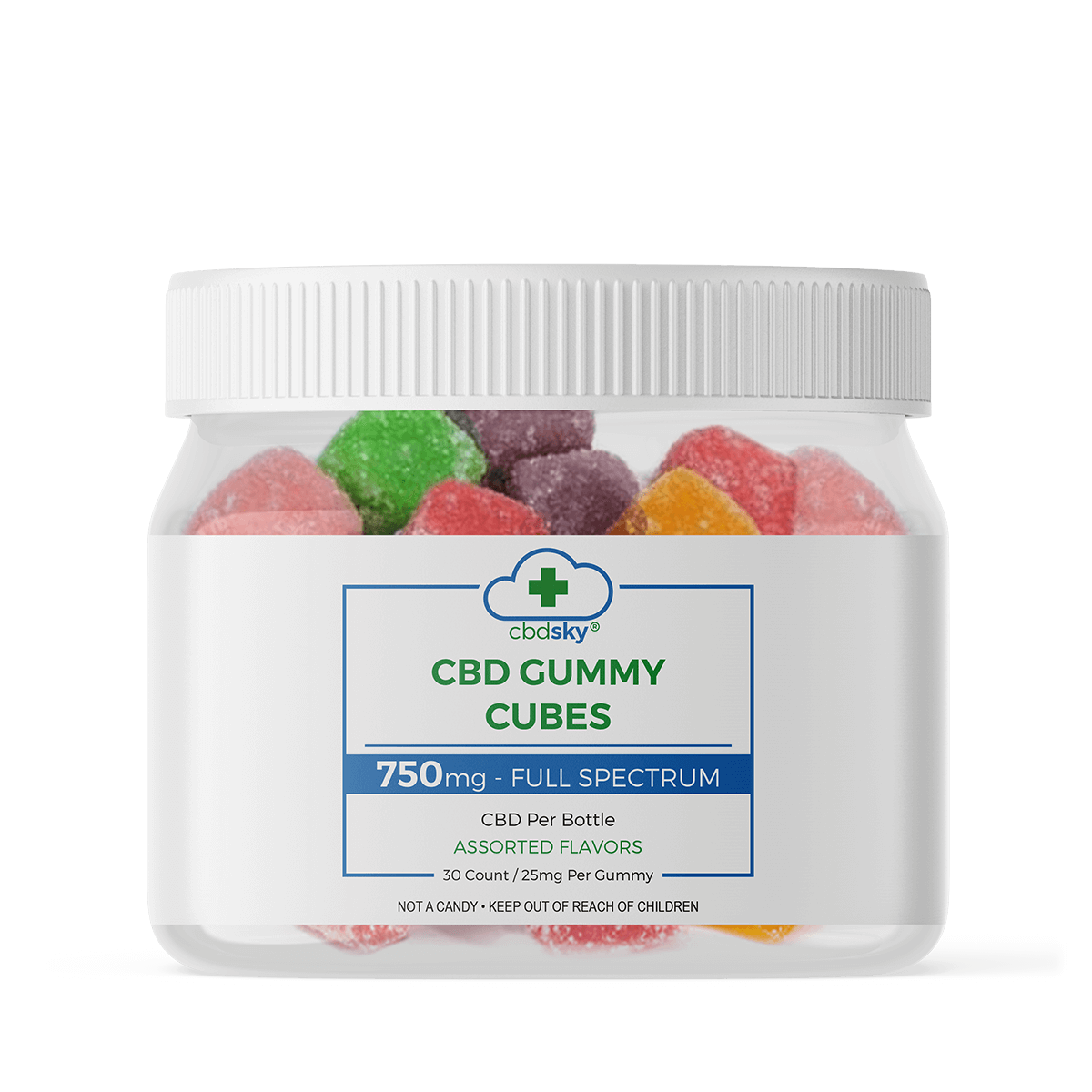Auto Draft
Introduction
CBD, short for cannabidiol, has gained popularity in recent years for its potential health benefits, leading to the creation of various CBD products, including gummies. While CBD is primarily marketed towards adults, there is growing curiosity about its use for children. This article explores the safety and effectiveness of CBD gummies for children, addressing key concerns and considerations.
What are CBD Gummies?
click here for more are edible candies infused with cannabidiol oil. They come in various shapes, flavors, and concentrations of CBD, making them a convenient and appealing option for consumers, including children.
Understanding CBD and its Effects
CBD Basics: Cannabidiol is one of the cannabinoids found in the cannabis plant. Unlike THC (tetrahydrocannabinol), CBD is non-intoxicating and does not produce a “high.”
Mechanism of Action: CBD interacts with the body’s endocannabinoid system (ECS), which plays a role in regulating various physiological processes such as mood, pain sensation, and immune function.
Is CBD Safe for Children?
Legal Status: The legal status of CBD varies by jurisdiction. In many places, CBD derived from hemp (containing less than 0.3% THC) is legal, but regulations can differ significantly.
Safety Considerations:
THC Content: CBD products should contain very low levels of THC, as higher concentrations can be harmful to children.
Quality and Purity: It’s crucial to choose CBD products from reputable manufacturers that provide third-party lab testing to ensure purity and potency.
Side Effects: While CBD is generally well-tolerated, potential side effects in children may include drowsiness, changes in appetite, or diarrhea.
Drug Interactions: CBD can interact with certain medications, so it’s essential to consult with a healthcare provider before giving CBD to children, especially those on other medications.
Potential Benefits of CBD Gummies for Children
Anxiety and Stress: Some parents and researchers suggest that CBD may help manage anxiety and stress in children, though more clinical research is needed.
Sleep Disorders: CBD’s calming effects may promote better sleep quality, potentially benefiting children with sleep disorders.
Epilepsy: Epidiolex, a CBD-based medication, has been approved by the FDA for treating certain forms of epilepsy in children, demonstrating CBD’s potential in this area.
Considerations for Parents
Consultation with Healthcare Providers: Before giving CBD gummies to children, parents should discuss it with pediatricians or healthcare providers to understand potential risks and benefits, especially if the child has underlying health conditions.
Dosage: Determining the right dosage of CBD for children is crucial. It often depends on the child’s weight, the severity of symptoms, and individual response to CBD.
Quality and Legitimacy: Ensure that CBD gummies are sourced from reputable brands that adhere to strict quality standards and provide transparent information about ingredients and CBD content.
Conclusion
CBD gummies for children represent a controversial and evolving topic. While some anecdotal evidence and preliminary research suggest potential benefits, there are significant gaps in scientific knowledge regarding their long-term effects and optimal use in pediatric populations. Parents considering CBD gummies for their children should prioritize safety, legality, and consultation with healthcare professionals to make informed decisions.
Final Thoughts
As the landscape of CBD research continues to expand, future studies may provide more definitive insights into the efficacy and safety of CBD gummies for children. In the meantime, responsible use, informed decision-making, and transparency are essential for ensuring the well-being of children exploring CBD as a potential supplement.
